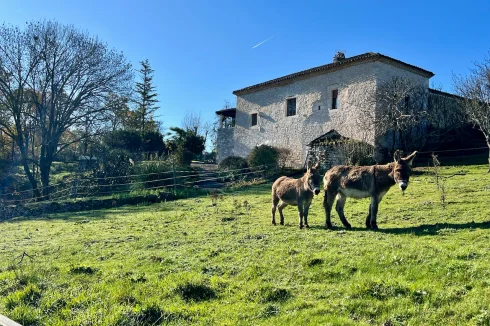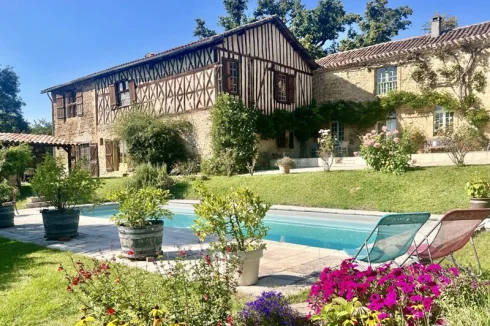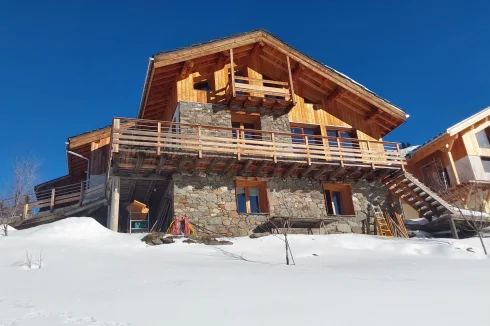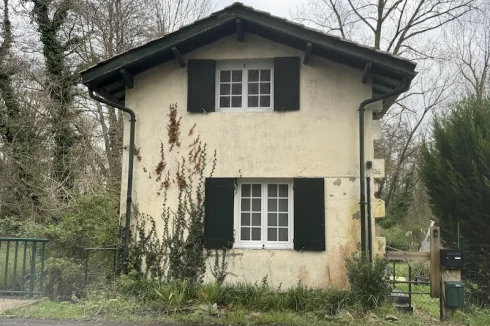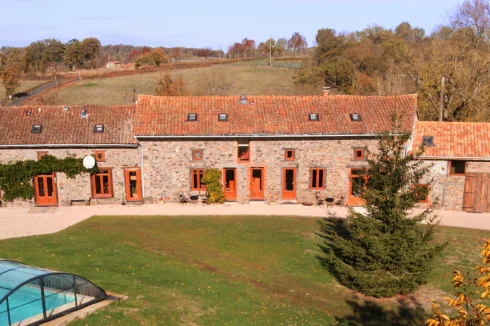Taxes Likely to Rise on Building Land
Tuesday 03 May 2011
Capital gains tax on building land seems likely to increase, as do the local rates that are payable.
In their quest to stop owners sitting on land zoned for construction, the government seems intent on piling on the pressure through the tax system.
A working group set up by the government has proposed that the current capital gains tax allowances based on length of ownership be abolished, and that the local rates payable on such land should reflect its actual development value.
By abandoning the proportional relationship between the level of capital gains tax and the length of ownership, and by increasing the rates payable, the government hopes that it will encourage more owners to put building land up for sale.
At the moment, there is an exemption from national capital gains tax if the land has been owned for at least 15 years, and the local rates payable rarely reflect the development value of newly zoned building land.
The new proposals will mean that there is no relief for length of ownership, and that the rates payable will be considerably higher.
The trade association Syndicat National des Aménageurs Lotisseurs (Snal) says that ‘the inadequacy of the mobilisation of building land is the main cause of the housing crisis.’ This seems to be a view that is also largely shared by local authorities, notaires and government ministers.
Other Taxes
These new proposals come on top of an additional tax on new land zoned for development that was introduced last year.
This tax, called la taxe sur la cession de terrains nus rendus constructibles, is yet to become operational due to technical problems with its implementation.
Local authorities also have the power to impose their own local capital gains tax on new building land, called la taxe forfaitaire sur les terrains rendus constructibles (TFTC).
In total, therefore, there are three taxes potentially payable on building land, as well as the local rates!
The inter-relationship between all of these taxes is probably not yet properly understood by anyone (and that certainly includes ourselves!), but owners of building land clearly need to take good advice on just how to optimize the tax position of any building land they own, or on land which becomes zoned for development.
Local Rates
All land owners are liable for local rates, called la taxe foncière sur les propriétés non-bâties (TFPNB).
If you own a dwelling with land the TFPNB will be identified as a separate part of the total taxe foncière payable on the property.
The TFPNB is based on the local value of the land, but as the rateable value of land which becomes zoned for construction is not systematically changed to reflect the change of use, the rates payable by the owner do not increase.
If the proposals of the working group are implemented, the TFPNB will be increased to reflect the actual development value of the land as a terrain à bâtir. Whether local authorities will wish, or be able, to do so remains unclear.
Local authorities do already have powers to increase the rates payable on building land, but few make use of it, some for political reasons, and others due to a lack of resources.
Last year, the commune of Autun in Burgundy decided to use these powers, and the rates payable by with some land owners increased by as much as 7,000%. There was a huge outcry about it, which was covered on French television. However, the mayor seems to have won the day, for since then around 27,000m2 of land in the commune has been placed on the market for new housing.
Thank you for showing an interest in our News section.
Our News section is no longer being published although our catalogue of articles remains in place.
If you found our News useful, please have a look at France Insider, our subscription based News service with in-depth analysis, or our authoritative Guides to France.
If you require advice and assistance with the purchase of French property and moving to France, then take a look at the France Insider Property Clinic.
